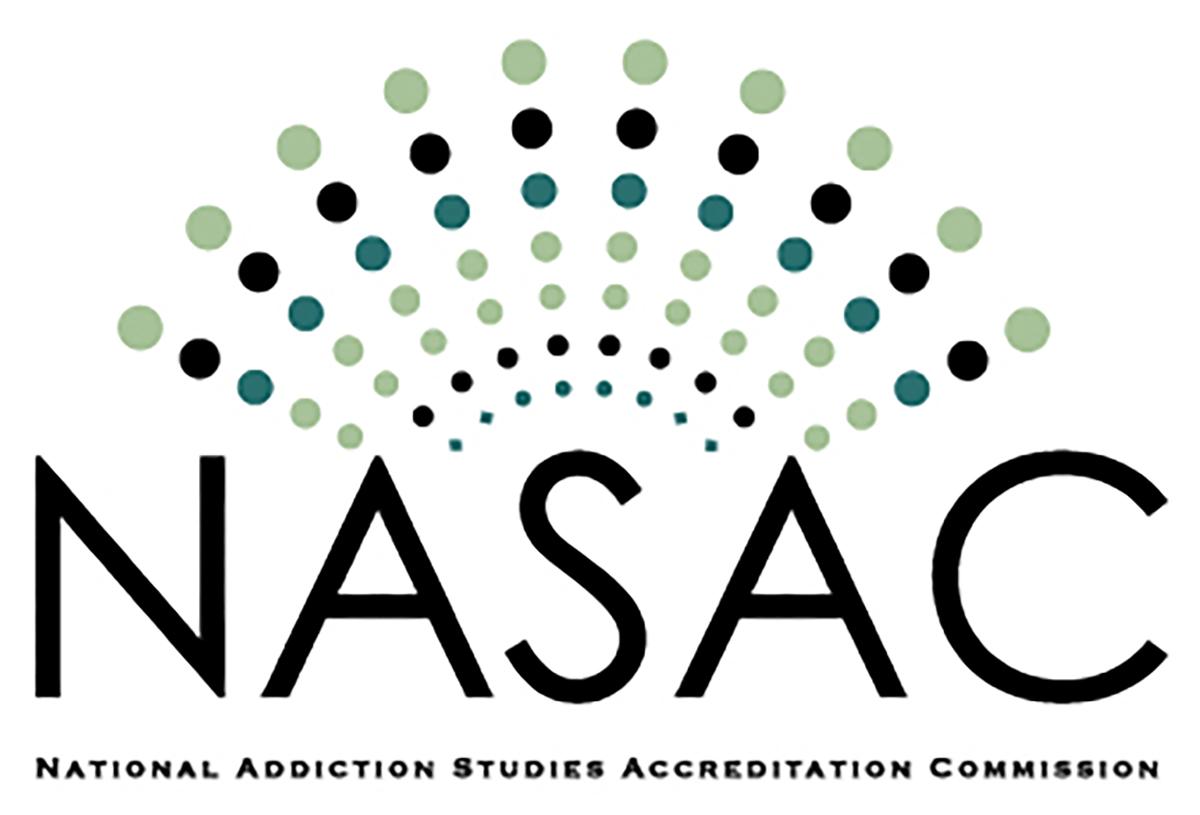Program eligibility requirements
Students must be able to pass a Minnesota Department of Human Services background study.
Prior to entering practicum, students must have a minimum of two years of freedom from mental health, physical health and substance use concerns that would impair their objectivity or effectiveness in performing the duties of a professional counselor.
Applicants must have an earned baccalaureate degree from a regionally accredited university (or equivalent) with a cumulative undergraduate GPA of at least 3.0 (on a 4.0 scale).
Priority is given to applicants with an earned baccalaureate degree in a health, behavioral or social science. Priority is given to applicants who have completed undergraduate coursework in Abnormal Psychology and/or Research Methods.
Applicants with a cumulative undergraduate GPA lower than 3.0 may be admitted conditionally and could progress to full admission upon completion of at least eight graduate level credits with a minimum 3.0 GPA.
International applicants must demonstrate English language proficiency or permanent resident status, documented or demonstrated as specified by university policy.
The Co-occurring Disorders Recovery Counseling (MS) program only accepts applications for FALL semesters. March 31 is the application deadline. Applications may be considered on a rolling basis after the deadline.
Application instructions
Metro State University is participating in the common application for graduate programs (GradCAS). Applications are only accepted via the CAS website.
CAS steps
- Select the term for which you are seeking admission (below), and navigate to the CAS website. Open applications include:
- Create or log in to your account and select the Co-occurring Disorders Recovery Counseling (MS) program.
- Carefully review all instructions and complete all four sections of the application.
Specific application requirements for individual programs can be found on each program page in CAS. Carefully read the instructions that appear throughout the application pages. You can only submit your application once. If you need to update information you have submitted, please notify graduate.studies@metrostate.edu
Application fee
A nonrefundable $38 fee is required for each application. Applications will not be processed until this fee is received.
Active-duty military, veterans, and Metro State alumni can receive an application fee waiver. Contact graduate.studies@metrostate.edu.


